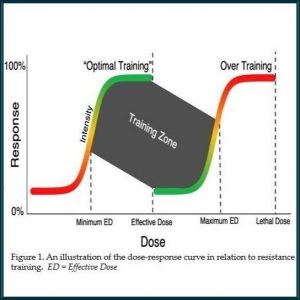Micro-Dosing Resistance Training
In many team sports fixture congestion results in an emphasis on recovery between fixtures, limiting available opportunities for focussed training to improve physical performance. This is not only an issue for domestic competitions, but also in the tournament structures of international competition for many sports. As a result, some practitioners have divided the traditional resistance training sessions (e.g., 60-minute sessions 2 x week) into multiple shorter training sessions (e.g., 3 x 40 minutes per week or 4 x 30 minutes per week), resulting in reduced daily fatigue, but an accumulation of the same total training volume across a work. The Football Association funded a PhD to objectively evaluate this approach to training to quantify its effectiveness in enhancing force production characteristics and performance in athletic tasks.

Dr Matthew Cuthbert successfully completed this funded PhD in 2022 and is now working full-time for The Football Association. His findings demonstrate that micro-dosing resistance training, defined as “the division of total volume within a micro-cycle, across frequent, short duration, repeated bouts” results in greater improvements in force production and performance in athletic tasks, than a traditional approach to training, likely due to a higher level of compliance in youth soccer players. Professor Paul Comfort has also received a grant from the National Strength and Conditioning Association to follow up Dr Cuthberts feasibility study with a larger scale study using collegiate soccer players, which is currently on-going.
Team
University of Salford Staff
PhD students
Dr Matthew Cuthbert
External collaborators
Prof. G. Greg Haff (Edith Cowan University, Western Australia)
Prof. Shawn Arent (University of South Carolina, USA)
Dr Liam Anderson (University of Birmingham, UK)
Tom Ryan (Vancouver Whitecaps FC, Canada; previously Crewe Alexandra FC, UK)
Martin Evans (The Football Association, UK)